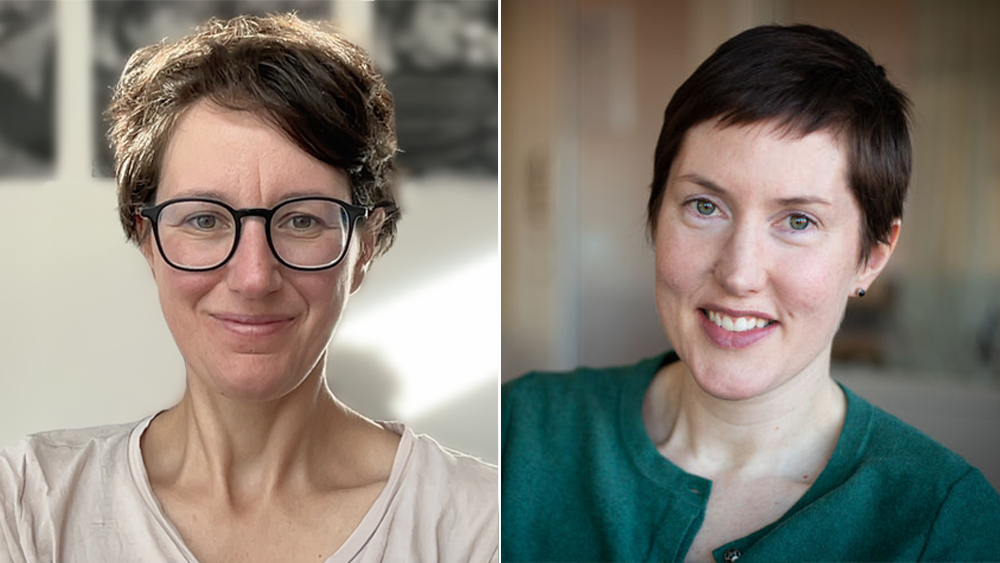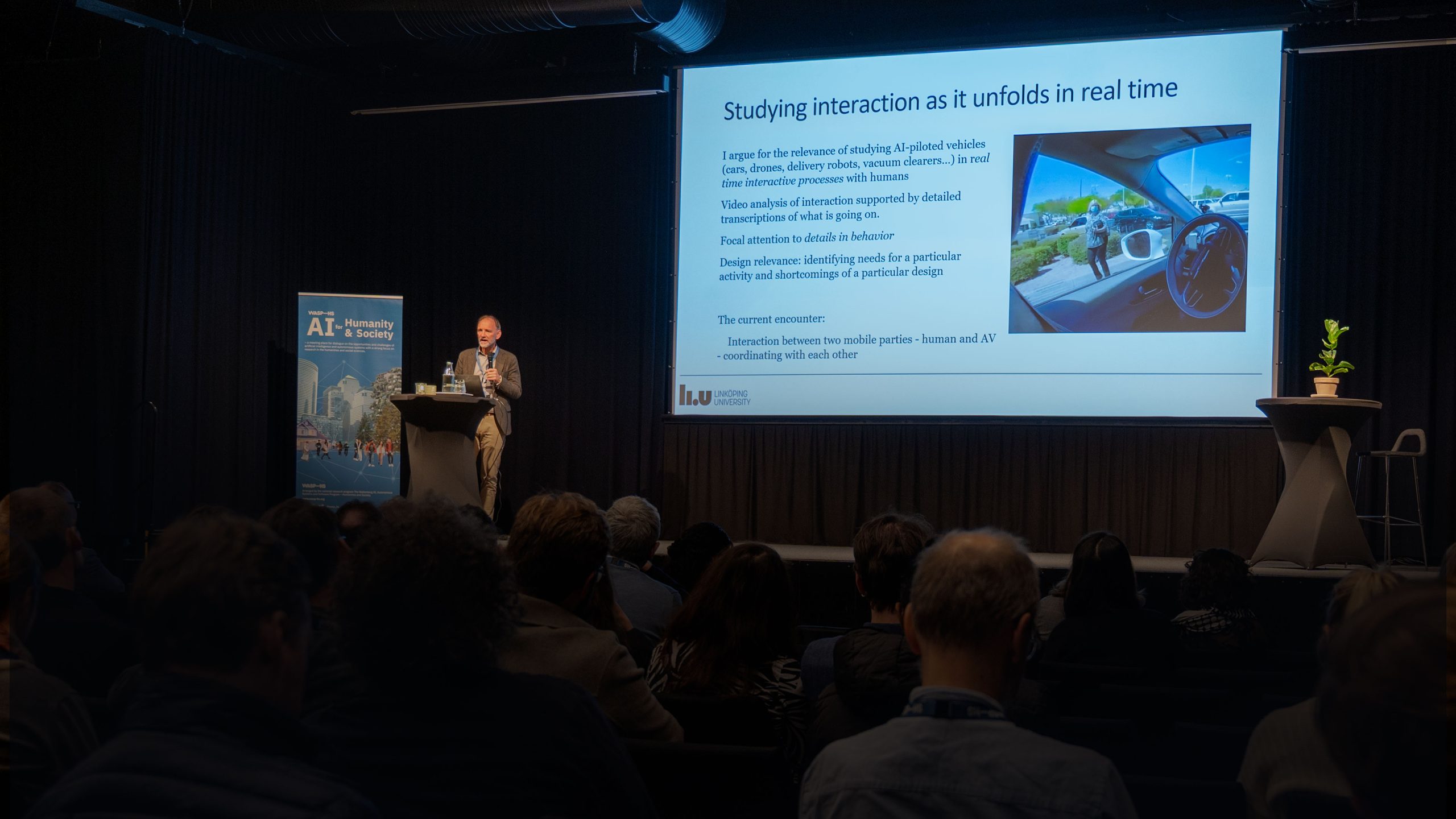Anna-Sara Lind, Uppsala University, is the project leader for the project Artificial Intelligence, Democracy and Human Dignity. Together with her research group, she wants to anchor humanities and social sciences within the framework of AI research.
What’s your view of being a part of WASP-HS? What does this mean for you?
Being part of WASP-HS gives us a unique opportunity to continue developing and exploring multidisciplinary research methods in a different setting involving many disciplines and scholars from the whole of Sweden. It also gives me and my colleagues in the research group a basis for building a platform for younger researchers interested in multidisciplinary studies focusing on how strong AI can develop and the legal, philosophical and political implications thereof nationally as well as globally. We will also be able to test our research on the colleagues in WASP-HS, thus involving more fields and experiences than the ones represented in our team.
What are your expectations on WASP-HS, both for society at large and for research in Sweden?
Our team of researchers agrees that it is important that WASP-HS visualizes and approaches questions that are profound and durable over time, questions that go beyond the current day hype of AI. By doing that, researchers and WASP-HS will be able to contribute to society in a longer perspective but also reaching a broader range of people.
Hopefully, WASP-HS will be able to anchor the role of the humanities within the framework of AI research and enable the dissemination of its particular input within the wider scientific community.
What do you want your own project to lead to?
Our project is created by researchers from different disciplines; philosophy of religion, law and political science. We sincerely hope to contribute with good interdisciplinary cooperation that is fruitful for us but also to the commitment and realization of WASP-HS as whole.
We particularly aspire to provide a critical vantage point serving to understand and challenge widespread yet unquestioned assumptions endemic to the field of computer science and its popular reception. Common conjectures regarding the promises and possibilities of AI in a practical as well as a metaphysical sense should not risk influencing public policy while remaining unexamined.
The humanities and social sciences have always had as one of its main goal to study and problematize societal challenges and developments. It is utterly important that this is done also in relation to AI, in a solid and scientific way through interdisciplinary work.
Image: Eva Holst.





